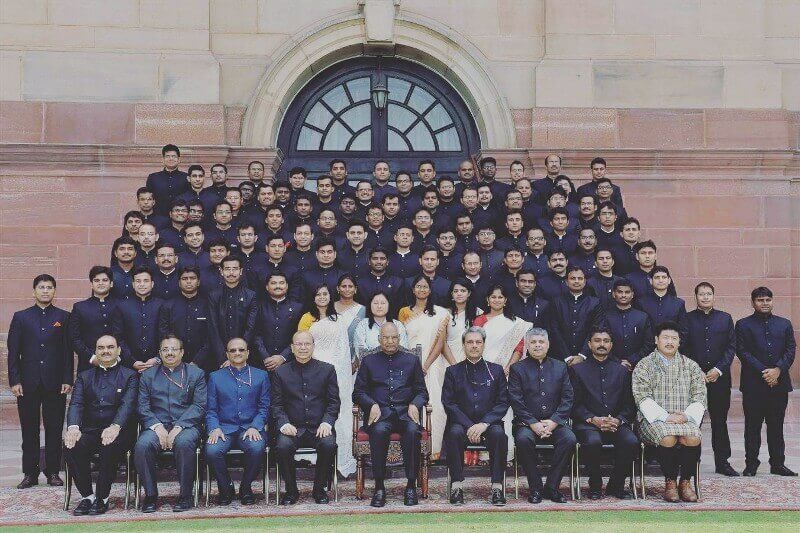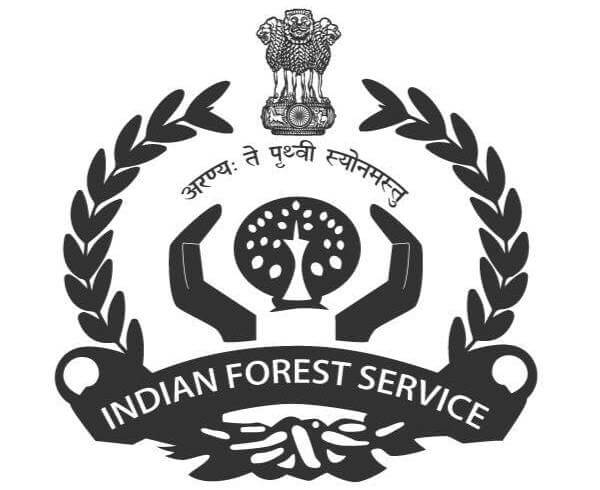
Indian Forest Service (abbreviated as IFS or IFoS) is one of the prestigious All India Services like Indian Administrative Service (IAS) or Indian Police Service (IPS). To get into IFS, a candidate has to sit for the same preliminary exam as all civil service aspirants do. But what is the minimum educational qualification for Indian Forest Service (IFS/IFoS) Exam? Let’s see.
Minimum Educational Qualification for Indian Forest Service (IFS/IFoS) Exam
The candidate must hold a Bachelor’s degree in any of the following subjects/ disciplines.
Bachelor’s degree with at least one of the subjects as Animal Husbandry & Veterinary Science.
Bachelor’s degree with at least one of the subjects as Botany.
Bachelor’s degree with at least one of the subjects as Chemistry.
Bachelor’s degree with at least one of the subjects as Geology.
Bachelor’s degree with at least one of the subjects as Mathematics.
Bachelor’s degree with at least one of the subjects as Physics.
Bachelor’s degree with at least one of the subjects as Zoology.
Bachelor’s degree in Agriculture.
Bachelor’s degree in Forestry.
Bachelor’s degree in Engineering.
Graduation should be from of any of Universities incorporated by an Act of the Central or
State Legislature in India or other educational institutions established by an Act of Parliament or declared to be deemed as a University under Section 3 of the University Grants Commission Act, 1956, or possess an equivalent qualification.
Can last year students of graduation also apply?
Candidates who have appeared at an examination the passing of which would render them educationally
qualified for the Commission’s examination but have not been informed of the results as also the candidates who intend to appear at such a qualifying examination will also be eligible for admission to the Preliminary Examination.
Also read: Update regarding the evaluation of Essay paper of UPSC examination, 2016
All candidates who are declared qualified by the Commission for taking the Indian Forest Service
(Main) Examination will be required to produce proof of passing the requisite examination with their application for the Main Examination failing which such candidates will not be admitted to the Indian Forest Service Main
Examination.
The applications for the Main Examination will be called sometime in the month of July/August, through online mode.
What is the age limit to apply for Indian Forest Service (IFS/IFoS) Exam?

A candidate must have attained the age of 21 years and must not have attained the age of 32 years on 1st August of the respective year of Preliminary Exam.
But the upper age limit prescribed above will be relaxable –
up to a maximum of five years if a candidate belongs to a Scheduled Caste or a Scheduled Tribe.
up to a maximum of three years in the case of candidates belonging to Other Backward Classes who are eligible to avail of reservation applicable to such candidates.
up to a maximum of three years in the case of Defence Services personnel disabled in operations during hostilities with any foreign country or in a disturbed area and released as a consequence thereof:
upto a maximum of five years in the case of ex-servicemen including Commissioned Officers and
ECOs/SSCOs who have rendered at least five years Military Service as on 1st August, and have been released (i) on completion of assignment (including those whose assignment is due to be completed within one year from 1st August) otherwise than by way of dismissal or discharge on account of misconduct or inefficiency, or (ii) on account of physical disability attributable to Military Service, or (iii) on invalidment.
up to a maximum of five years in the case of ECOs/SSCOs who have completed an initial period of
assignment of five years of Military Service as on 1st August, and whose assignment has been
extended beyond five years and in whose case the Ministry of Defence issues a certificate that they can apply for civil employment and that they will be released on three month’s notice on selection from the date of receipt of the offer of appointment.
up to a maximum of 10 years in the case of:-
(a) Low Vision
(b) Hearing Impaired (Partially deaf) and
(c) Locomotor disability (sub-category : Leprosy cured and Acid attack)

Comments
Post a Comment